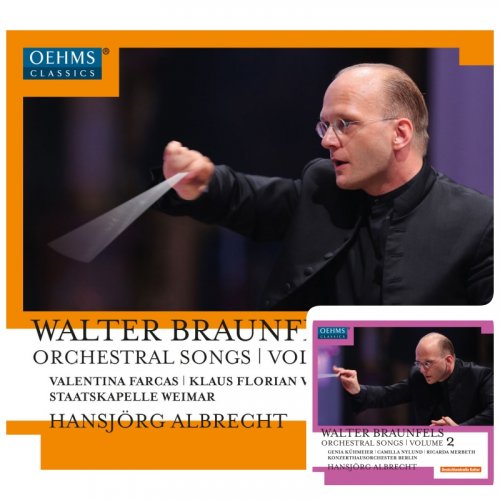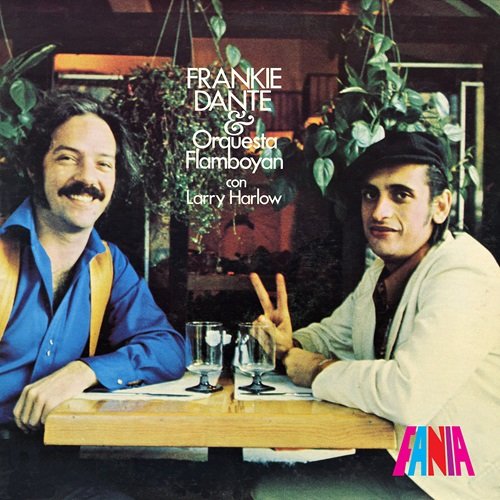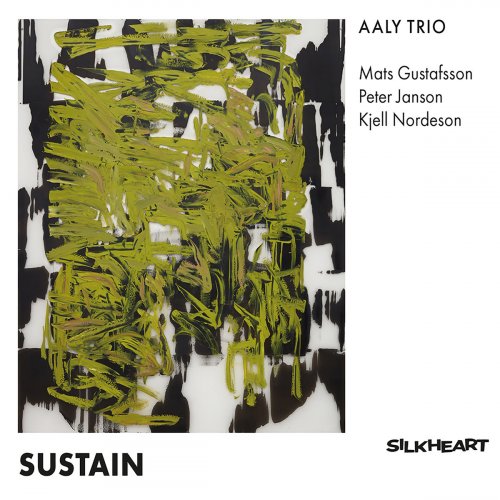Staatskapelle Weimar, Konzerthausorchester Berlin, Hansjörg Albrecht - Braunfels: Orchestral Songs, Vol. 1-2 (2016)

Artist: Staatskapelle Weimar, Konzerthausorchester Berlin, Hansjörg Albrecht
Title: Braunfels: Orchestral Songs, Vol. 1-2
Year Of Release: 2016
Label: Oehms Classics
Genre: Classical
Quality: flac lossless / flac 24bits - 44.1kHz +Booklet
Total Time: 02:16:03
Total Size: 591 / 665 mb
WebSite: Album Preview
TracklistTitle: Braunfels: Orchestral Songs, Vol. 1-2
Year Of Release: 2016
Label: Oehms Classics
Genre: Classical
Quality: flac lossless / flac 24bits - 44.1kHz +Booklet
Total Time: 02:16:03
Total Size: 591 / 665 mb
WebSite: Album Preview
Braunfels: Orchestral Songs, Vol. 1
01. Die Vögel, Op. 30: Prelude & Prologue
02. 2 Gesänge, Op. 27: No. 1, An die Parzen
03. 2 Gesänge, Op. 27: No. 2, Der Tod fürs Vaterland
04. Auf ein Soldatengrab, Op. 26
05. Die Vögel, Op. 30: So ist dies alles denn gewesen, wie?
06. Don Juan, Op. 34: Introduction & Theme
07. Don Juan, Op. 34: Var. 1
08. Don Juan, Op. 34: Var. 2
09. Don Juan, Op. 34: Var. 3
10. Don Juan, Op. 34: Var. 4
11. Don Juan, Op. 34: Var. 5
12. Don Juan, Op. 34: Var. 6
13. Don Juan, Op. 34: Var. 7
Walter Braunfels achieved his breakthrough as a composer during the 1920s with the opera The Birds (based on Aristophanes). Shortly thereafter he was, alongside Richard Strauss, one of the outstanding and most frequently performed German opera composers. His extremely versatile compositional oeuvre includes numerous operas, orchestral works and choral works, as well as Lieder, chamber music and piano works. He was praised as a forward-looking representative of the New Music. The most famous conductors of the era, such as Bruno Walter, Wilhelm Furtwängler, Otto Klemperer, Hans Knappertsbusch, Fritz Busch, Hermann Abendroth, Hans Pfitzner, Arthur Nikisch and Günter Wand, performed his compositions in the great German music centres, in Vienna, London and New York.
Braunfels regarded himself as a traditional late-romantic composer, a successor to Berlioz,Wagner and Bruckner. During the period of the Third Reich, he was dismissed as a “half Jew” from all offices and performances of his works were banned. After the Second World War, representatives of the musical avantgarde found Braunfels’s style no longer contemporary, which is why he gradually became forgotten. Since the 1990s, however, his complete oeuvre has been undergoing a wonderful Renaissance and is being enthusiastically re-discovered by the international musical world.
Braunfels: Orchestral Songs, Vol. 2
01. 3 Chinesische Gesänge, Op. 19: No. 1, Die Einsame
02. 3 Chinesische Gesänge, Op. 19: No. 2, Ein Jüngling denkt an die Geliebte
03. 3 Chinesische Gesänge, Op. 19: No. 3, Die Geliebte des Kriegers
04. Romantische Gesänge, Op. 58: No. 1, Abendständchen
05. Romantische Gesänge, Op. 58: No. 2, Die Nacht
06. Romantische Gesänge, Op. 58: No. 3, Der Kranke
07. Romantische Gesänge, Op. 58: No. 4, Ist des Lebens Band mit Schmerz gelöst
08. Romantische Gesänge, Op. 58: No. 5, Der Pilot
09. Die Gott minnende Seele, Op. 53: No. 1, O du gießender Gott
10. Die Gott minnende Seele, Op. 53: No. 2, Du bist, Herr, meine Labung
11. Die Gott minnende Seele, Op. 53: No. 3, Herr, ich bringe dir mein Kleinod
12. Die Gott minnende Seele, Op. 53: No. 4, Eia, fröhliche Anschauung
13. Der Tod des Kleopatra, Op. 59
14. 4 Japanische Gesänge, Op. 62: No. 1, Die Wartende
15. 4 Japanische Gesänge, Op. 62: No. 2, Schneller Abschied und Liebesnot
16. 4 Japanische Gesänge, Op. 62: No. 3, Trennung und Klage
17. 4 Japanische Gesänge, Op. 62: No. 4, Das Mädchen spricht zum Gott der achtmaltausend Speere
Braunfels regarded himself as a late-romantic, traditional composer in succession to Berlioz, Wagner and Bruckner. During the period of the Third Reich, he was dismissed from his positions as a "half Jew" and his works were banned from performance. After the Second World War, representatives of the musical avant-garde found Braun-fels's style no longer contemporary, which is why he gradually became forgotten. His entire oeuvre has been enjoying a wonderful Renaissance since the 1990s, how-ever, and is now being enthusiastically rediscovered by the international musical world.





![Noé Sécula - A Sphere Between Other Obsessions (2025) [Hi-Res] Noé Sécula - A Sphere Between Other Obsessions (2025) [Hi-Res]](https://www.dibpic.com/uploads/posts/2025-12/1766108017_sej880ryk23va_600.jpg)

![Paul Mauriat - Mamy Blue (1971) [Hi-Res] Paul Mauriat - Mamy Blue (1971) [Hi-Res]](https://www.dibpic.com/uploads/posts/2025-12/1766140814_nqjtxk40yc4oi_600.jpg)
